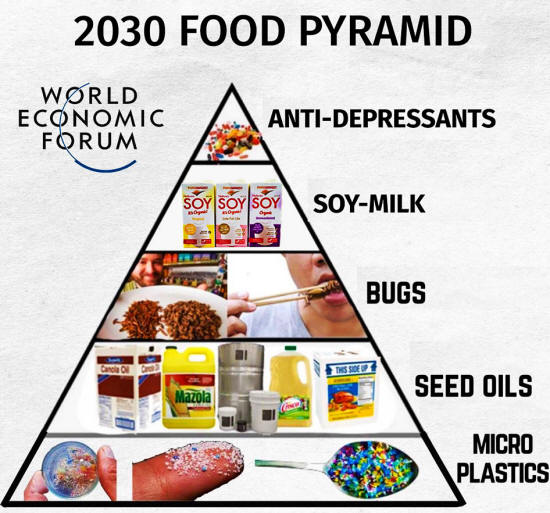|
I based this prediction on a number of circumstances, but primarily I went back to the history of currency devaluations and central bank policy.
These kinds of things have happened before and
they tend to follow a pattern that is visible today.
A lot of people (specifically
Gen Z) believe that
our current era is the worst financial era of all time and that
their generation has been shafted by previous generations.
That said, it shows us where our country is eventually headed and it's not looking good.
One issue that I'm fascinated by that usually isn't mentioned in mainstream economic discussion is quality degradation,
This process is known as "skimpflation" and it was rampant in the 1970s and early 1980s.
Most Americans today think of the 70s as a
happy-go-lucky era of disco, bell bottoms and psychedelics, but in
reality it was economically dismal.
Some US cities (like New York or Philadelphia) looked like warzones complete with rubble strewn slums.
After sky-high inflation for several years causes
a doubling and tripling of retail prices along with growing
unemployment rates, the environment starts to feel real ugly.
Most people are familiar with the concept of "shrinkflation":
However, skimpflation is another way in which companies will attempt to,
The 1970s was the decade that gave birth to the processed food market and the microwave cuisine, at least on a wider scale.
This was the decade when American food truly took a nose dive.
But as we are all well aware, the cheap processed foods eventually won.
Interestingly, the Food Pyramid that we were all taught about as children in public schools was introduced to the western world in 1972.
The pyramid was actually first used by the Swedish government in direct response to inflation and was designed to encourage the populace to eat cheaper food-stuffs (primarily cereals, dairy products, pastas and carbs).
Governments have been using subsidies to promote
the consumption of low cost and low quality foods ever since.
Economic decline is a favorite tool for the
establishment to control the behavior of populations, including
dietary habits.
For now, fake meats are more expensive than real
meats so there's no incentive for the public to consume them, but if
inflation continues to drive prices higher eventually real steak
will cost far more than artificial steak and people may be convinced
that the fake stuff is a viable alternative.
Beyond the claims that this will somehow "save
the climate" from global warming (which is a complete falsehood
backed by zero concrete evidence), the powers-that-be also suggest
that bugs will be far more affordable than hamburgers in the near
future.
They are only a staple in countries where famine is common or where governments aggressively restrict normal agriculture. Bug protein also has a habit of giving people parasites.
The only way westerners could be convinced to eat bugs as a part of their regular diet is,
Recently, Kellogg's CEO Gary Pilnick suggested in an interview with CNBC that,
In other words,
Pilnick brags that Kellogg's is well placed for
this coming change in the food market…
Various companies are promoting an end to traditional healthy homemade dinner habits and a switch to unconventional and cheaper processed foods.
The thrust of the Kellogg's campaign relies on poverty.
Meaning, they are banking on the expectation that
Americans will be poorer in the near term and that this condition
will continue for years to come.
The elites seem to be planning for a significant
financial crisis beyond what we have already dealt with and this is
evident in their efforts to sell the reconstruction of our dietary
habits based on poverty rather than prosperity.
|


